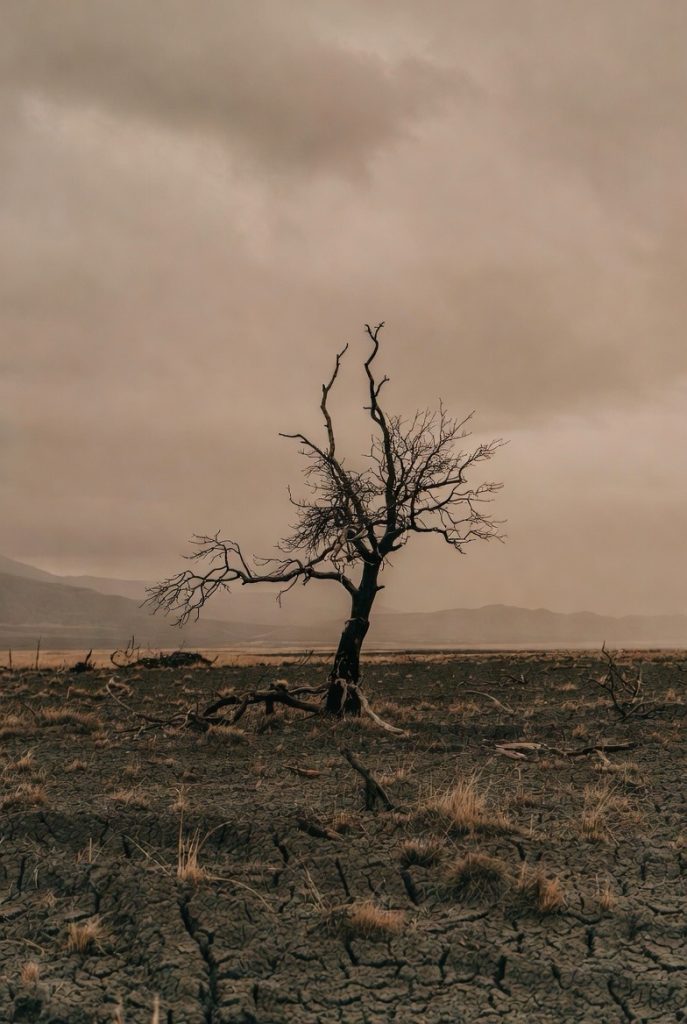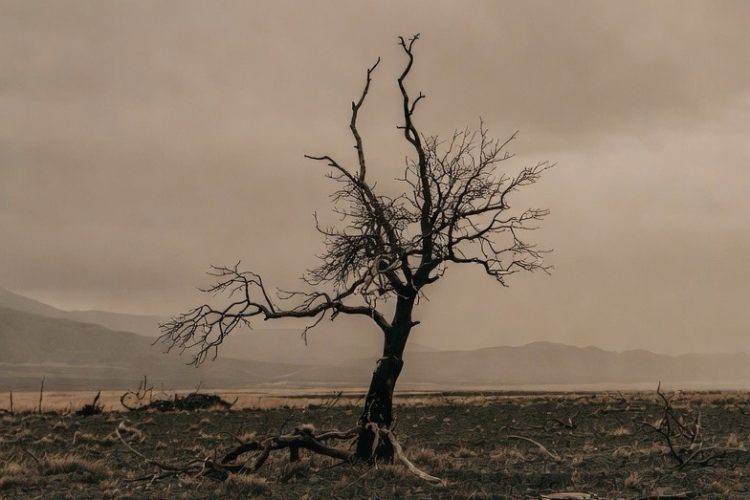Over 99.9% of all species that have ever lived on Earth are now extinct. Causes of extinction include natural events like climate change and competition, as well as human-induced factors such as habitat loss, pollution, overhunting and climate change. Extinction has far-reaching consequences for ecosystems and human societies, including the loss of ecosystem services, vulnerability to environmental stresses, and economic impacts. Conservation efforts like protected areas, habitat restoration, and captive breeding programs are in place to address the current extinction crisis. Urgent action is needed to prevent further loss of biodiversity.
Long Version
The history of life on Earth is marked by numerous extinctions that have occurred over millions of years. These events have wiped out countless species, some of which were once dominant and abundant. The extinction of species is a natural process that has been ongoing since life first emerged on the planet. However, the rate of extinction has accelerated in recent times, primarily due to human activities. Today, we are witnessing a mass extinction event, where many species are disappearing at an alarming rate. In this article, we will explore the phenomenon of extinction, its causes, and its consequences.
The Extent of Extinction
Extinction is a process whereby a species ceases to exist. It occurs when the last member of a species dies, and no new individuals are born. Extinction can happen gradually, over many generations, or suddenly, in a short period. The fossil record shows that over 99.9% of all species that have ever lived on Earth are now extinct. The exact number of species that have gone extinct is difficult to determine, but it is estimated to be in the millions. Most of these extinctions happened long before humans appeared on the scene, and they were caused by natural events such as volcanic eruptions, climate change, and asteroid impacts.
Causes of Extinction
There are several causes of extinction, both natural and human-induced. Natural causes of extinction include:
- Climate change: Changes in climate can have a profound impact on ecosystems, leading to the extinction of species that are not able to adapt to new conditions.
- Natural disasters: Events such as volcanic eruptions, earthquakes, and asteroid impacts can wipe out large numbers of species in a short period.
- Competition: When two or more species occupy the same ecological niche, they may compete for resources, leading to the extinction of one or more species.
- Disease: Outbreaks of disease can have devastating effects on populations, leading to the extinction of entire species.
Human activities have also contributed significantly to the current extinction crisis. The most significant human-induced causes of extinction include:
- Habitat loss: Human activities such as deforestation, urbanization, and agriculture have resulted in the destruction of natural habitats, leading to the extinction of many species.
- Pollution: Pollution of the air, water, and soil has had detrimental effects on many species, leading to their decline and eventual extinction.
- Overhunting and overfishing: Overhunting and overfishing have led to the extinction of many species, including several large mammals and fish.
- Climate change: Human-induced climate change is having a profound impact on ecosystems, leading to the extinction of many species that are not able to adapt to new conditions.
Consequences of Extinction
The extinction of species has far-reaching consequences for ecosystems and for human societies. Ecosystems are complex webs of interactions between species, and the loss of one species can have cascading effects on other species and on the ecosystem as a whole. The extinction of species can lead to the loss of ecosystem services, such as pollination, seed dispersal, and nutrient cycling, which are essential for the functioning of ecosystems. The loss of biodiversity can also make ecosystems more vulnerable to environmental stresses, such as climate change, and can reduce their ability to provide goods and services to human societies.
The loss of species can also have direct impacts on human societies. Many species are sources of food, medicine, and other resources that are essential for human well-being. The extinction of these species can lead to food shortages, the loss of cultural practices, and the loss of traditional knowledge. In addition, the loss of biodiversity can have economic impacts, as many industries, such as tourism, agriculture, and forestry, depend on intact ecosystems for their survival.
Efforts to Address Extinction
Efforts to address the current extinction crisis are ongoing. Conservation efforts aim to preserve species and their habitats and to reduce the impact of human activities on ecosystems. Some of the most effective conservation strategies include:
- Protected areas: Protected areas such as national parks and nature reserves provide safe havens for species and their habitats.
- Habitat restoration: Restoration of degraded habitats can help to bring back species that have been lost due to habitat loss.
- Captive breeding: Captive breeding programs aim to increase the population of endangered species and to reintroduce them to their natural habitats.
- Education and awareness: Education and awareness campaigns can help to promote conservation and to reduce the impact of human activities on ecosystems.
Conclusion
Extinction is a natural process that has been ongoing for millions of years. However, the current extinction crisis is unprecedented in its scope and its causes. Human activities have contributed significantly to the loss of species, and urgent action is needed to address this crisis. Efforts to preserve species and their habitats are ongoing, but much more needs to be done to prevent further extinctions and to restore ecosystems to their former diversity and complexity. The extinction of species has far-reaching consequences for ecosystems and for human societies, and we must act now to prevent further loss of biodiversity.

Words Worth Noting
extinction, natural process, fossil record, mass extinction, human activities, habitat loss, pollution, overhunting, overfishing, climate change, ecosystem services, biodiversity, conservation, protected areas, habitat restoration, captive breeding, education, awareness, environmental stresses, food shortages, cultural practices, traditional knowledge, economic impacts, tourism, agriculture, forestry, endangered species, diversity, complexity, urgent action
Hashtags For Social Media
#extinction #massextinction #habitatloss #pollution #overhunting #overfishing #climatechange #ecosystemservices #biodiversity #conservation #protectedareas #habitatrestoration #captivebreeding #education #awareness #environmentalstresses #foodshortages #culturalpractices #traditionalknowledge #economicimpacts #tourism #agriculture #forestry #endangeredspecies #diversity #complexity #urgentaction #nature #wildlife #ecology






